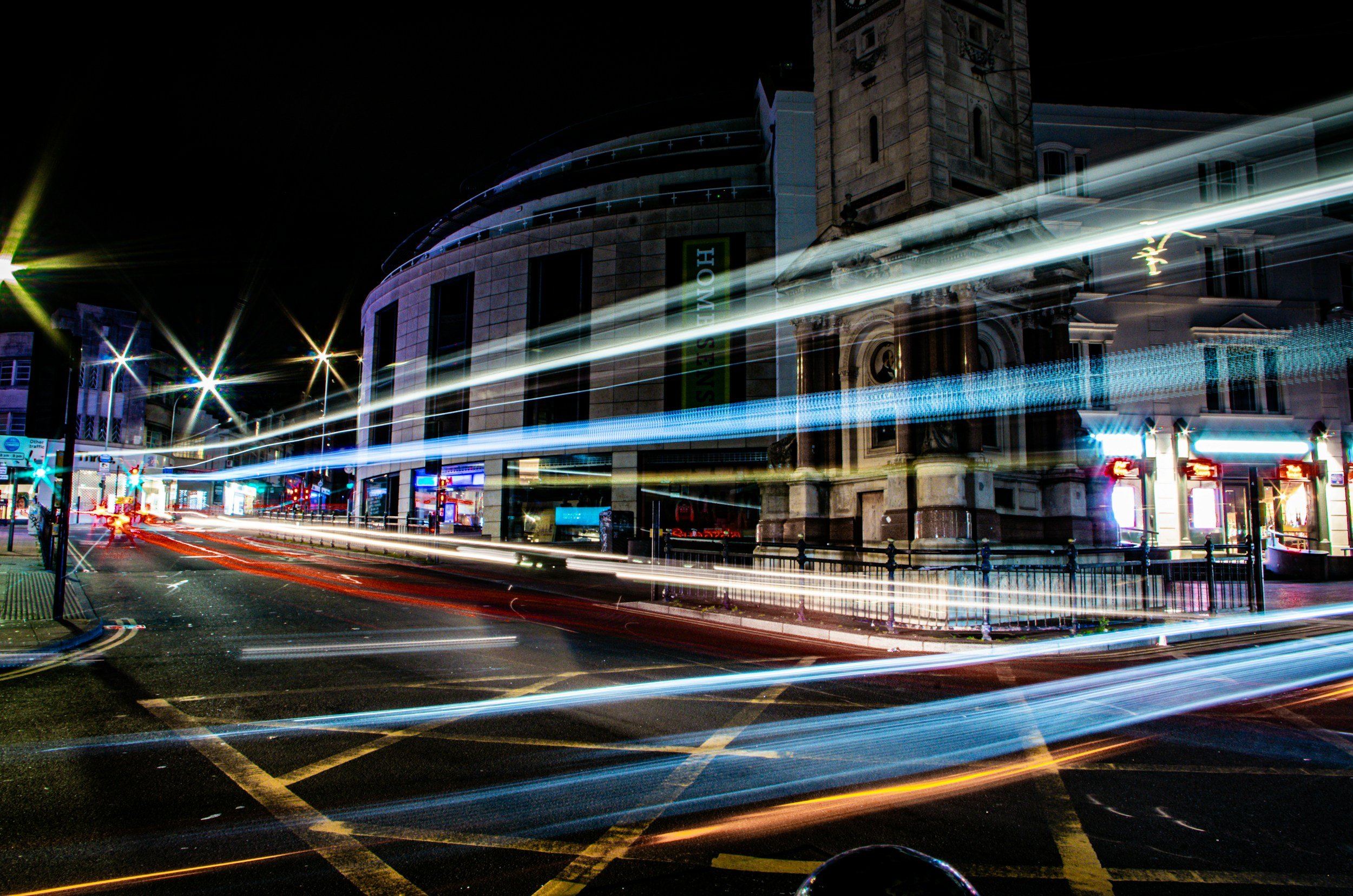Spiking
Brighton’s night-time economy stakeholders are committed to ensuring the safety of everyone enjoying their venues. We are working together to tackle drink spiking, raising awareness about the dangers and training staff on how to support victims and properly report incidents.
This guide is part of our Awareness series and is aimed at providing the Night Time Economy with actionable steps and tools to help create safer spaces. For more help and assistance, see our Vulnerability Awareness guide here.

Spiking is a personal violation and a serious crime. It can be a scary and frightening situation but it is never the fault of the person who has been spiked.
What is Spiking?
Drink spiking involves adding alcohol or drugs to someone’s drink without their knowledge, with the intent to impair their behaviour. This can include:
This is the most common cause of spiking and is often done by someone the person knows.
Adding alcohol to a soft drink or increasing the alcoholic content of a drink, for example by adding another shot, without the person’s knowledge or consent
Drugs added to drinks are often colourless and odourless - meaning that victims are very often unable to tell their drink has been spiked.
2. Slipping prescription or illegal drugs into a drink (such as benzodiazepines, amphetamines, GHB, and many more)
Other ways of spiking
Spiking someone isn’t limited to adding a substance to someone’s drink. Other ways that people have been spiked include injection and also adding substances to vapes and cigarettes.
Signs to Look Out For
There is no definitive list of symptoms since much depends on the victim, such as their body type, age, whether they take any prescription medication, have taken any drugs and/ or how much alcohol they may have consumed prior to being spiked.
Potential symptoms
Loss of balance
Confusion
Visual problems
Nausea
Vomiting
Loss of bladder control
Feeling sleepy
Inability to communicate
Unconsciousness
Identifying Suspicious Activity.
Staff should be vigilant for:
Individuals attempting to add substances to others’ drinks
Requests for unusually strong drinks (e.g. double or triple shots)
People leaving their drink unattended
Any unusual behaviour or interactions between customers
Victim Care - Listen and Support
If someone suspects that they have been spiked, listen without judgement. Always take their concerns seriously, whether they are intoxicated or not. Move them to a safe area and ensure they are not left alone.
Listen to the victims friends - they know the victim better than you do.
Medical Attention
If the victim is unwell, call an ambulance without delay and inform the paramedics of the suspected spiking.
Encourage the victim to undergo medical testing as soon as possible and explain that substances can leave the body quickly.
Gather Information & Call the Police
Contact the police as soon as possible. Collect details of the incident and contact information from the victim, friends, or witnesses. Secure any relevant evidence, including CCTV footage and the affected drink.
Assisting the Police
If spiking is suspected, the police should be called as soon as possible. Acting quickly ensures the greatest possible chance of confirming a spiking and apprehending a perpetrator.
When calling the police, confirm with the call handler whether drink spiking or injection is suspected, and if a suspect is still at the location.
Seal and physically secure any items involved (e.g. drinks) and put them in a secure place and provide the evidence to the officers when they arrive. If the victim has vomited, inform the officers and identify any contaminated clothing.
Identify the location of the spiking and see if CCTV covers the area. Ensure this is communicated to the attending police officers.
If there is a suspect on scene, identify them to the police.
Remember, the victim is a person.
The victim is likely to be confused, upset, embarrassed and may just want to go home and forget about the incident. They may also be concerned that they will get into trouble - especially if they have taken an illicit drug earlier in the evening.
This is why it is important to listen without judgement, show empathy and compassion. Reassure the person that they won’t get into trouble with the police. Show them that you are there to help and support.
Once police have interacted with the victim it is important that you do not leave the victim on their own and that you ensure that anyone they are with is a trusted friend- do not just presume this. Ask questions. Obtain names, contact details, and check IDs. Ensure they have a planned journey home.
Incident Reporting and Documentation
Ensure that the incident is reported accurately in your incident log book. Include the details of what happened, witness information and statements, and all actions taken. Record details of the CCTV - which cameras show any offences or the victims? what does the BWV show etc?
Note down the CAD or incident number given to you by the police, alongside any ambulance numbers. It is also a good idea to note down the names/warrant numbers of officers who attend the scene.
Fostering a Safe Nightlife Culture
-
Establish strong partnerships by actively engaging with the Brighton Crime Reduction Partnership (BCRP). Make sure you are aware of the latest intelligence and safety initiatives. Reporting any incidents of spiking or suspicious behaviour via the DISC Intelligence Hub means that other venues can be alert to people displaying behaviours to watch out for. We can work together to share information and keep our night time economy safe for everyone.
-
Put up posters in your venue letting customers know your staff are watching for suspicious behaviour - this helps to reassure people but also promotes people alerting staff to potential spikings and behaviours.
Have protective covers (StopTopps and anti-spiking bottle stoppers) for your customers.
-
Regularly review and update your venue's safety practices, including your searching procedures. Look into how often your toilets are inspected, as victims of spiking are found in there. Review your CCTV and consider looking at tools such as venue heatmaps to visualise potential hotspots in your establishment, ensuring that staff are aware of these areas and improving your security of these areas.
Increase your vigilance when event-planning. During special events or busy periods, increase the security presence and staff awareness. Ensuring all staff are aware of how they can help in the event a spiking is reported to them by a customer.
Want More?
-

Vulnerability Awareness Guide
Recognise and protect those at risk
-

Spiking Awareness Guide
Train staff & prevent incidents
-

Early Intervention Youth Plan
Creating change for young people
-

NightSafe Weekly Briefing
Weekly updates on crime trends, & vulnerability

Become a Member today!
500+ Brighton businesses are committed to creating safer spaces—because when people feel safe, they stay longer. Is your business doing its part?
Useful Contacts
Useful Contacts
Local charity outreach service funded by the council
Charity working to provide support to hospitality workers.
A charity working to help with wellbeing, financial support, and offer practical advice to those working in the trade.
Brighton Crime Reduction Partnership
Here to support venues and promote partnership working and intelligence sharing.
Contact the police if a spiking is suspected.
Is the incident ongoing? Call 999
Are you calling after the incident has taken place (e.g. the next day)? Call 101
Safe Space, St Paul’s Church, West Street
Local service supporting anyone who needs help on their night out. Physical and emotional support.
07979 104406
Open Fridays and Saturdays from 23:30-04:00
Free confidential and independent support to help move beyond the impact of a crime.
0808 1689 111
Survivors Network
Support services for survivors of sexual violence
01273 720110
0808 500 222 - 24 hour helpline (Rape Crisis England & Wales)
Spiking Awareness and Response Guide
We have developed a free Spiking Awareness and Response Guide for venues including actionable steps of how to respond to a spiking incident and tips on prevention and safer night cultures.










